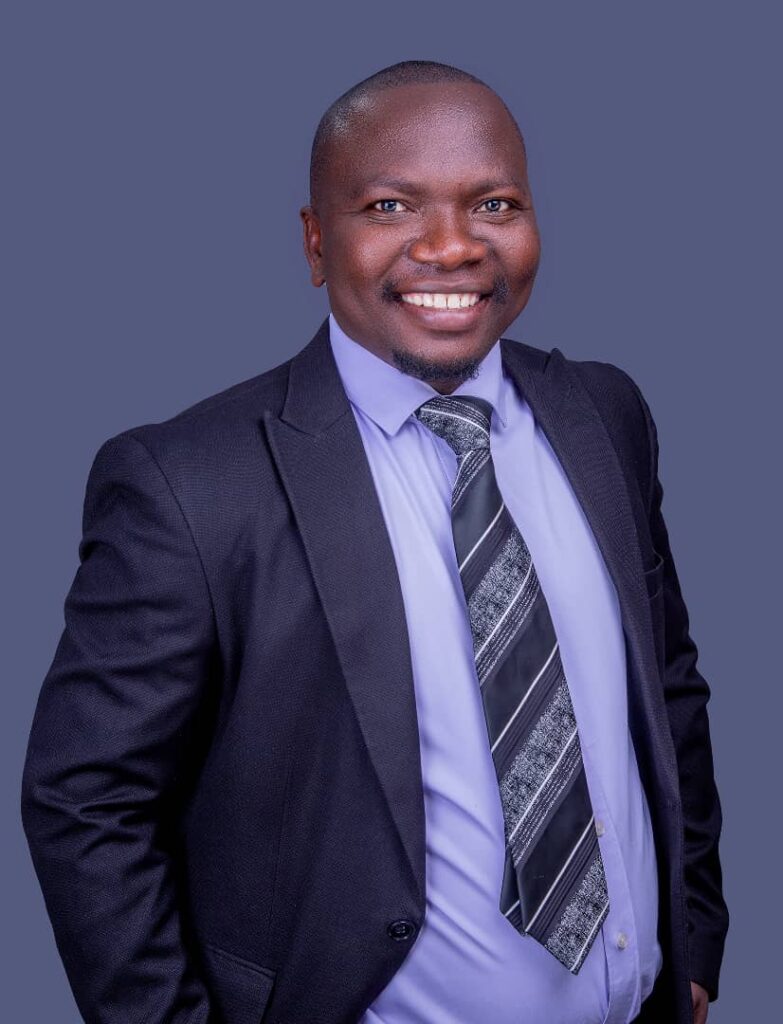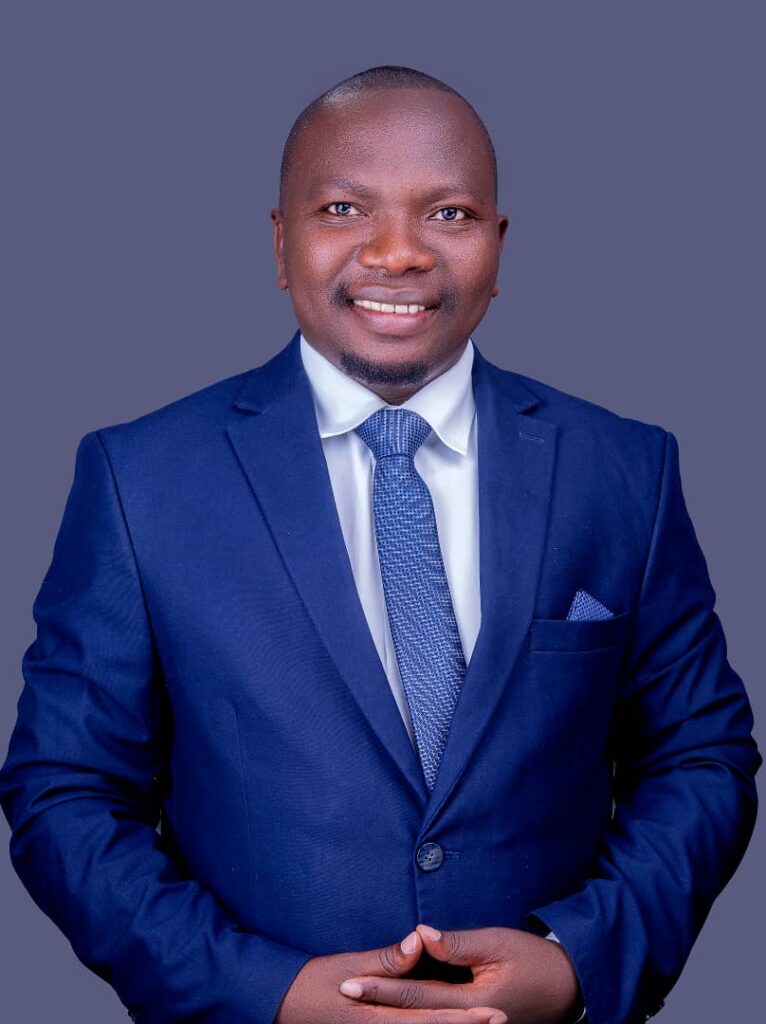Sometimes we must be honest with ourselves as we discuss matters of public interest. It is firstly important for us to appreciate that the idea to set up a National Health Insurance was brilliant; however, the process was rushed.
When I first processed the payroll requiring a 1% deduction on an employee’s payslip and 1% on the employer, I laughed. My learned colleagues and I laughed at the sustainability of such policies amidst cheating and exorbitant prices in most private health institutions. 1% means that for those earning K10,000, it is a deduction of K100; for K5,000, it is K50, meanwhile they have five children, a spouse, and dependents.
Other than questioning how 1% will meet the cost of medication, we questioned the control put in place to ensure individuals and private hospitals do not take advantage. It would been better to limit NHIMA only to goverment health Institutions because those who go in private hospitals can afford to per for medical bills.
Other than that, we noticed that the NHIMA system charges NO penalties for defaulters. In the thinking of those who established it, they thought that if you have not paid, then the hospital does not attend to you under NHIMA. You see, in my view, the success of such insurance depends on the great number of subscribers versus those claiming. So, if people are only punished when they get sick by not being attended to, then we allow people to default.
The other issue is that it has taken NHIMA over six years to put up a system that ensures private institutions register their employees with NHIMA. As we speak now, there are millions of private companies not registered on NHIMA. Now, it is surprising to see Emmanuel Mwamba celebrating when he was part of this system. If the UPND just came in and revised the percentage, the PF would have been on top saying HH wants to punish people.
The fact is that 2018 saw the enactment of The National Health Insurance Act, paving the way for the establishment of NHIMA and the NHIS. On March 15, 2019, the board of NHIMA was inaugurated. On September 20, 2019, the NHIS became operational with the enactment of Statutory Instrument No. 63, according to the Ministry of Health Zambia. This period, UPND was not in power.
Like I have mentioned, the establishment of NHIMA was brilliant and we just need to keep polishing the system than blame goverment. Let us just revise the percentage to even 2.5% and ensure that NHIMA sets up its own facilities in these hospitals, especially in rural districts like Isoka.
I do not think a normal person would argue about contributing K5,000 x 2.5% = K125, which would cover the sickness of everyone at home. People get sick anytime, and medical insurance is the way to go.
By; Winfred Mupakasi Silumbwe




